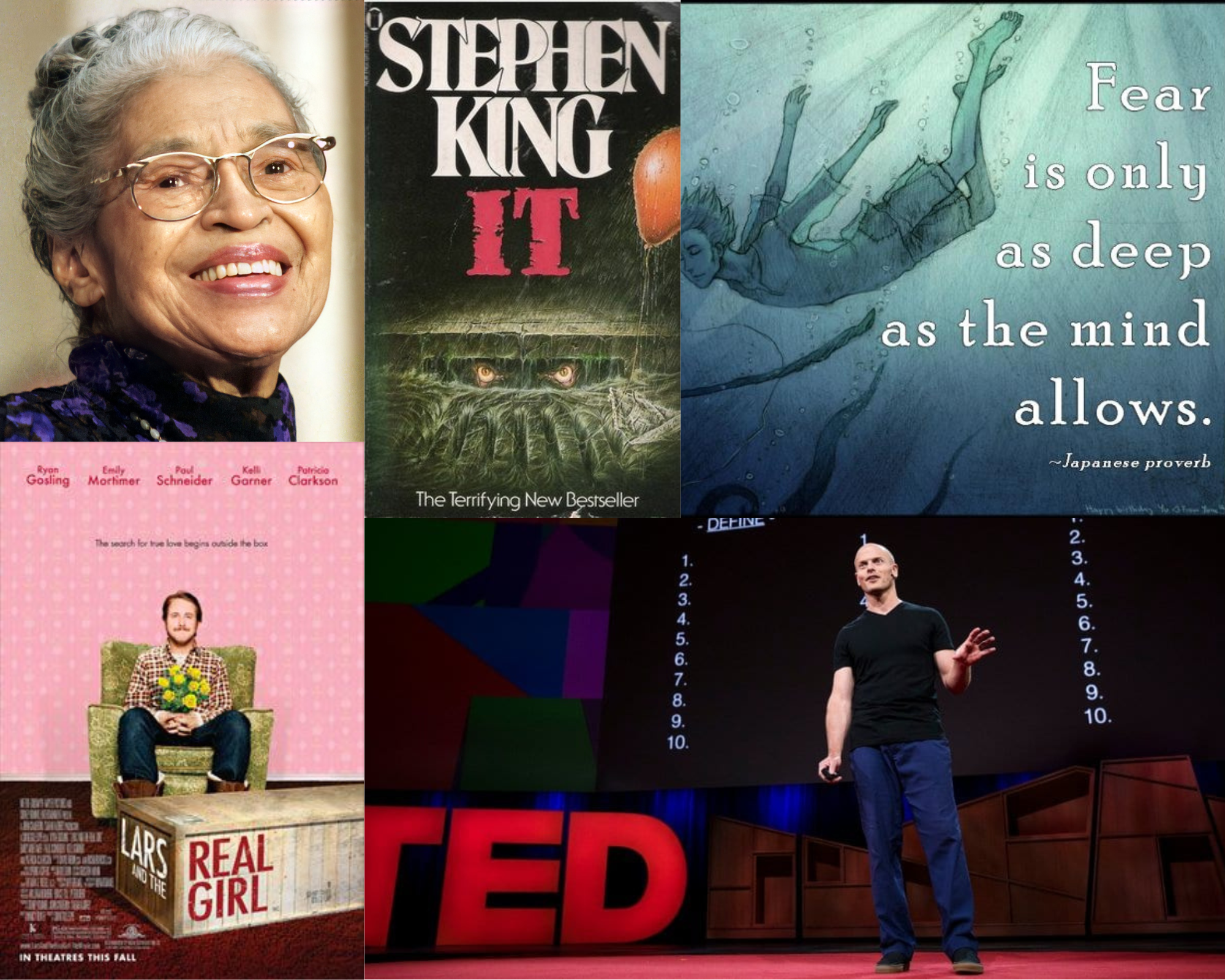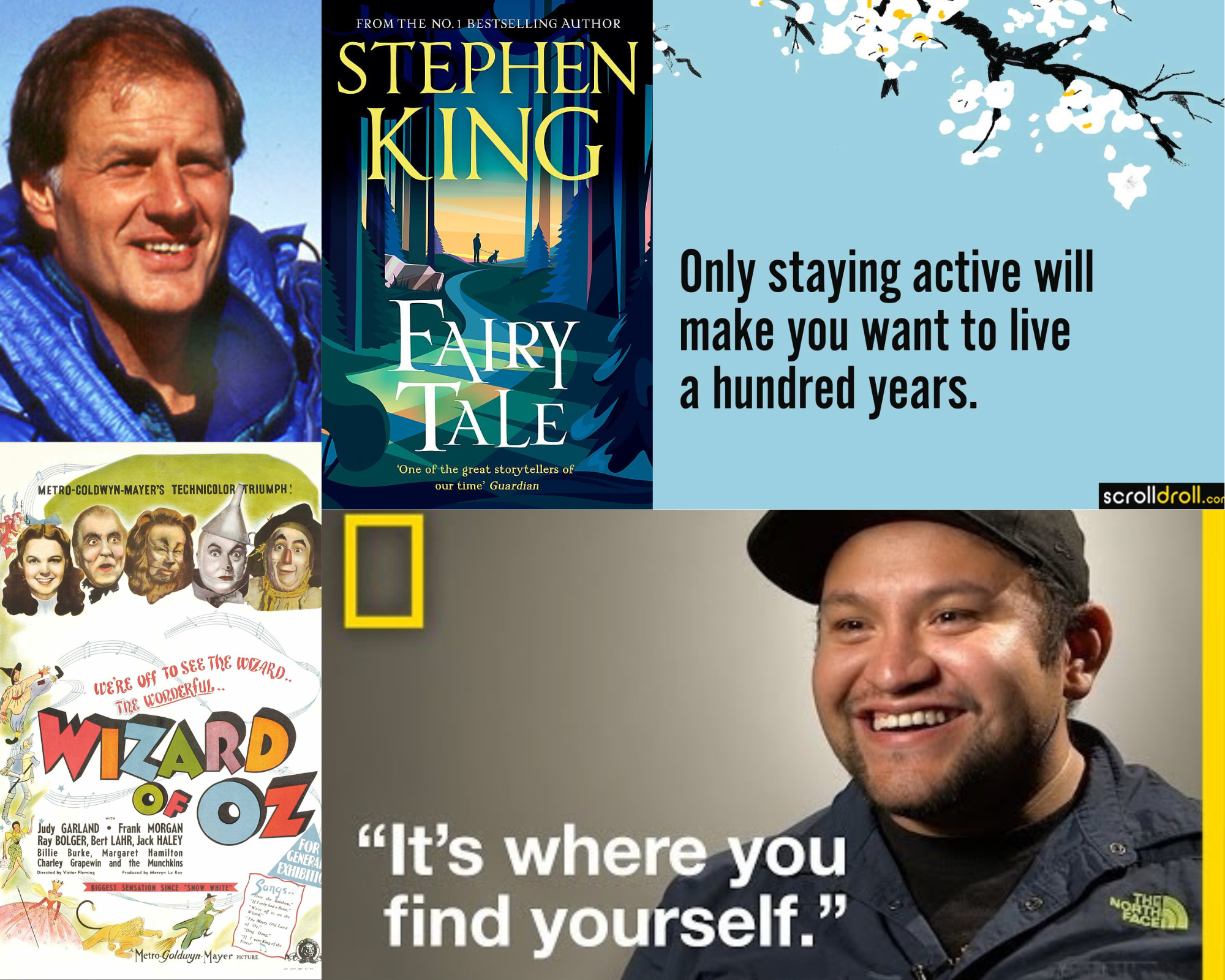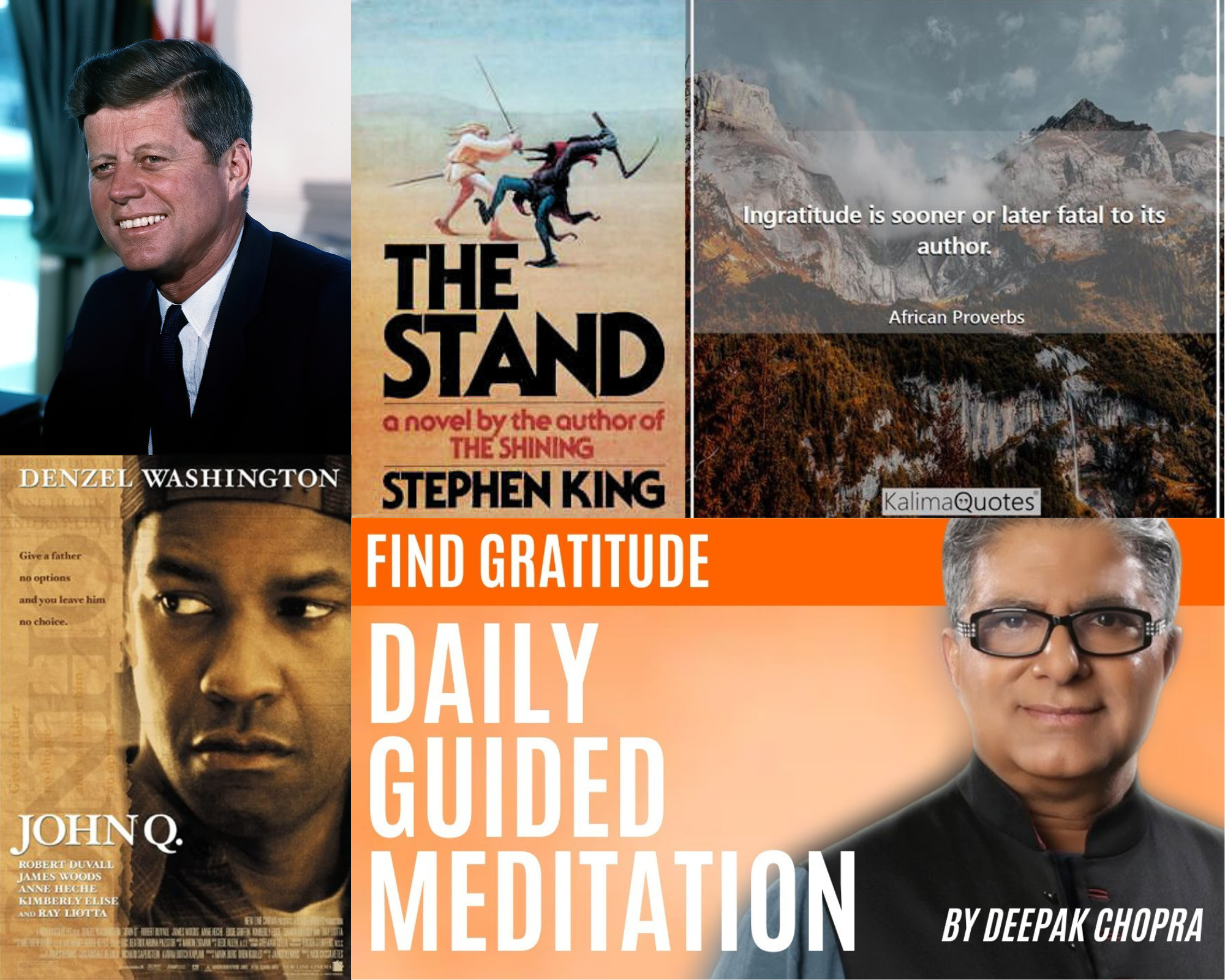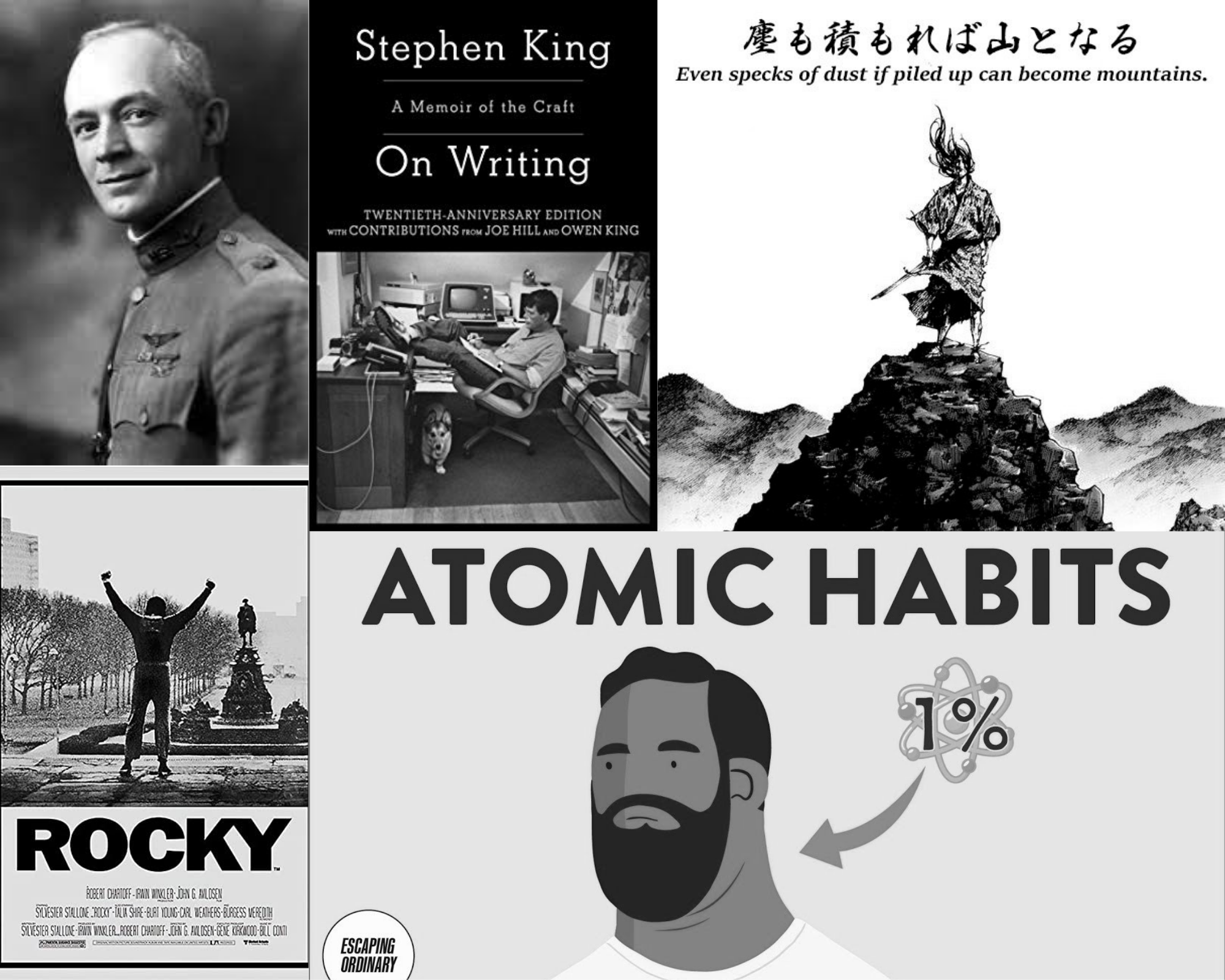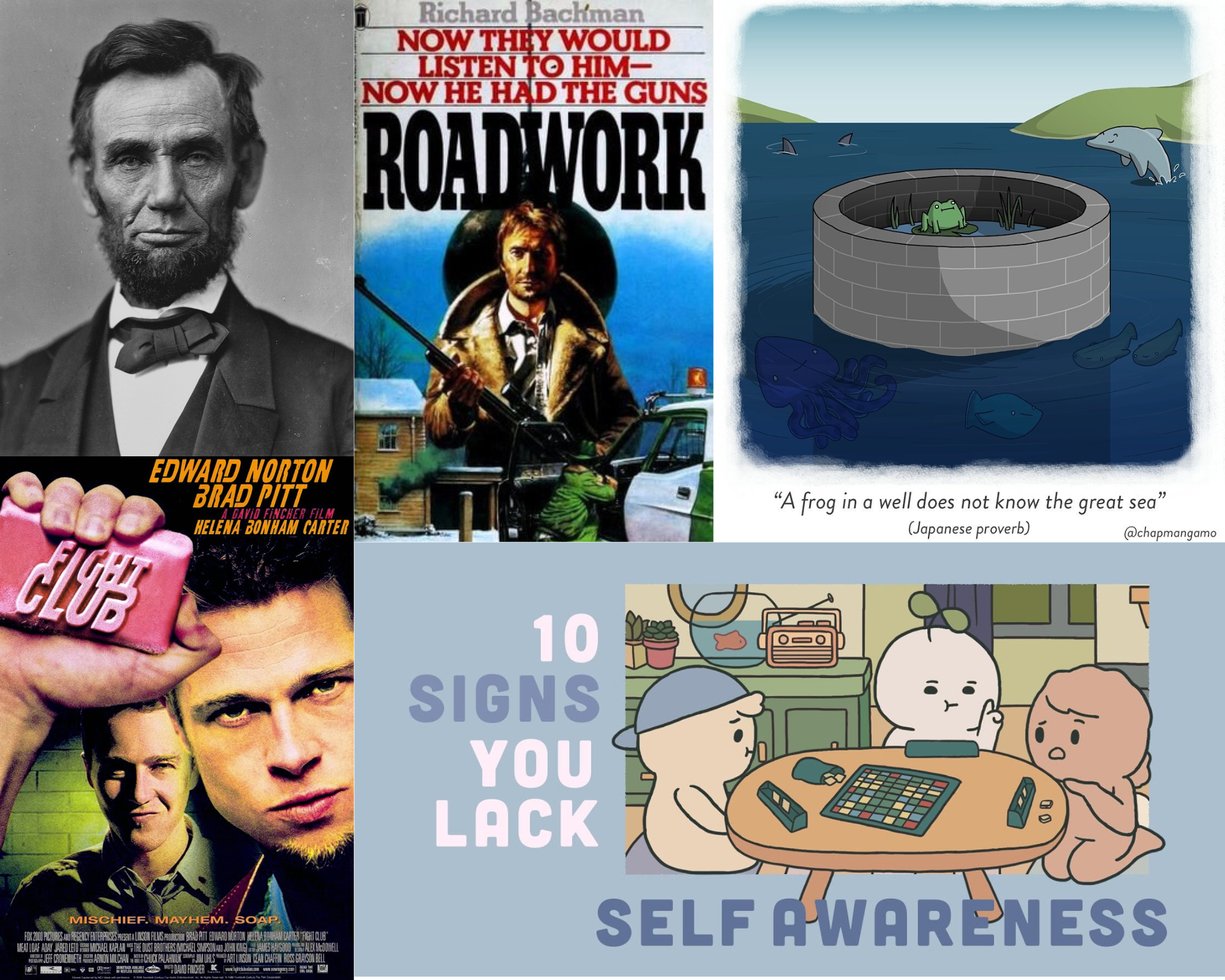Sunday Supplement #119 (August 20th, 2023)
Below is another Sunday Supplement with a quote worth sharing, a book worth reading, a movie worth watching, brainfood worth consuming, and a spiritual passage worth pondering.
Please take something away from these recommendations that enriches your week ahead!
Quote of the Week:
“I have learned over the years that when one’s mind is made up, this diminishes fear; knowing what must be done does away with fear.”
– Rosa Parks
Book of the Week:
It – Stephen King
For those who haven’t read this blog before, I’ve recommended quite a few Stephen King novels.
The previous posts have been varied to showcase the many different types of novels that King has written. They aren’t all horror books.
However, Stephen King’s classic It is definitely a horror novel. For those unfamiliar with the story, it’s about a small Maine town whose children are terrorized by a shapeshifting monster.
I’m not a huge horror fan, but I find that King’s “horror” books often are belittled by the tag. In It, the world of children vs. the world of adults is beautifully explored.
*There is one scene in the book I do not condone. Look it up to know precisely what you are getting into. Otherwise, I highly recommend this book.
Movie of the Week:
The 2007 film follows Lars, a kind-hearted but socially awkward young man who starts a nonsexual relationship with an anatomically correct doll, Bianca.
Lars, played by Ryan Gosling, has haphephobia due to a traumatic childhood experience and lives on his brother Gus’s property in a converted garage.
Gus’s wife Karin attempts to engage with Lars, and throughout the course of the movie, the small town accepts Lars and Bianca and try to support him as a community.
Lars and the Real Girl is definitely an oddball film, but it has something special about it. The movie was nominated for an Academy Award for Best Writing – Original Screenplay.
Look it up if you’re interested, check it out, and let me know what you think!
Brainfood of the Week:
Why You Should Define Your Fears | Tim Ferriss | TED Talks
I’ve featured Tim Ferriss in many previous Sunday Supplements, but usually episodes from his podcast where he interviews top leaders/thinkers from various fields.
In this TED Talk, Ferriss discusses his experience with bipolar depression and the method he found best to combat the worst situations.
Ferriss discusses his studies around Stoicism, the historical figures who were students of the school of thought, and the Stoic exercise he found most helpful in his life.
The exercise focuses on training yourself to separate what you can control from what you cannot control through fear-setting. The practice involves filling out a prompt of “What if I did… – What might be the benefits of a partial attempt? – The cost of inaction.”
Watch the video for a complete look at the exercise and Ferriss’s experience with Stoicism. He is a bestselling author, top-rated podcaster, and blogger worth checking out.
Closing Spiritual Passage:
“Fear is only as deep as the mind allows.”
– Japanese Proverb
This Japanese proverb reminds me of the power the mind has over our experience of the world. This can be a positive thing or a negative thing, depending on our thoughts.
Often we can get lost in a tunnel of despair, where we can’t find any source of light or positivity to cling onto.
I believe that when we’re at our lowest, we need help. I highly recommend therapy or, at the very least, asking for help when we feel stuck.
The positive side of this proverb is that we have the power to conquer our fears. It is not something we are helpless against.
Be aware of your thoughts, conquer your fears, and have a blessed week ahead!
Comments closed